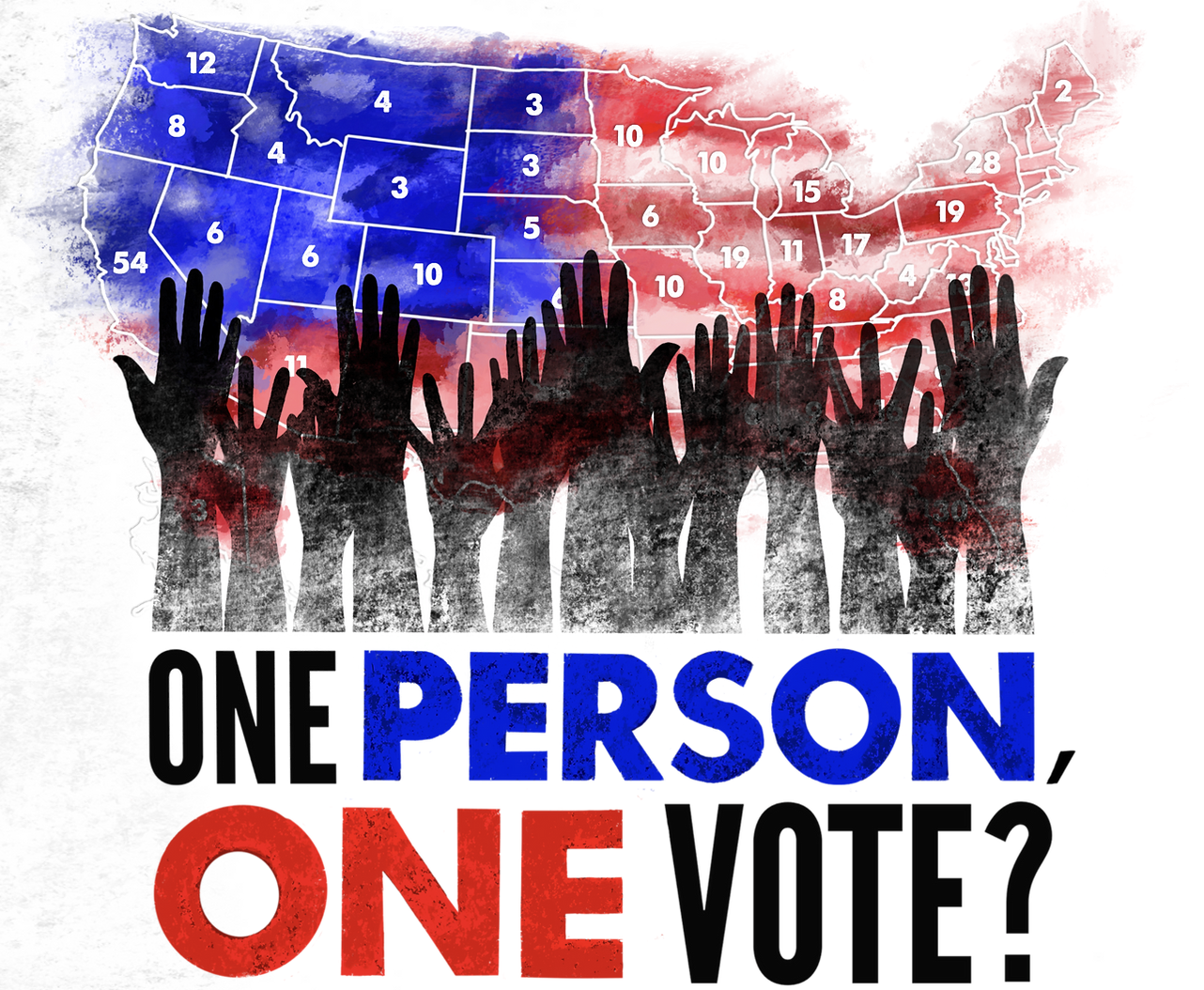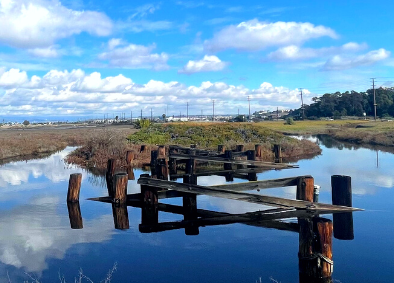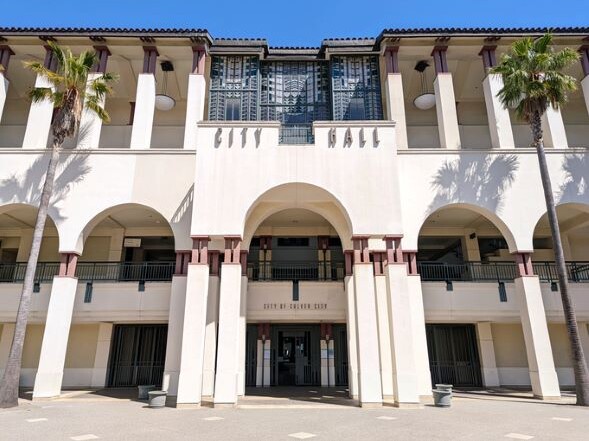Maximina Juson’s new documentary, “One Person, One Vote?” premiered at the Pan African Film Festival in Los Angeles and will also close out the ceremony with a screening on February 19th at 4:15 p.m. The film, which focuses on America’s understanding and misconceptions regarding the Electoral College, provides a fresh look into the history of the system and how it continues to impact our nation today.
“One Person” begins with scholarly subjects from various universities, such as Carol Anderson, the Charles Howard Candler Professor of African American Studies at Emory University, and Jelani Cobb, Dean of the Columbia Journalism School, explaining the history of our Constitution and how the Electoral College came to be, the influence it had on the next two centuries or so of American politics, and perhaps a way forward without it. The rest of the film follows four presidential electors from Colorado – a Republican, a Democrat, a Green Party member, and a Kanye West elector – through the 2020 election season. Toward the end of the film, Juson explores the unprecedented January 6th insurrection, as she was on the ground the day of the event fielding questions and threats from peaceful protesters and more violent agitators alike.
Other cinematic elements include different artistic styles meant to make the story more accessible to viewers of all ages. There is colorful animation to illustrate the more historical points in the story, narration provided by Black actors voicing the less than equitable views of some of the founding fathers, and shots of poignant public artworks, including statues that remain monuments to our nation’s troubled past with slavery, Jim Crow racism, and modern hatred.
The majority of Americans do not understand how the Electoral College works, but they know it doesn’t work for them. This was Juson’s motivation for developing the film.
“The Electoral College is so obscure, a lot of people don’t know the details of it. But it is the way we elect our president, the leader of the free world, and it impacts the national and global stage,” Juson said. “We should really have this foundational knowledge.”
Juson discussed how she went about finding her scholarly subjects as well as her real-world subjects, the electors. For the scholars, most of their information was publicly available online, and at the time, there was a lot about the Electoral College in the news. For example, the national popular vote and a faithless elector case (that didn’t make it into the final film), took Juson to Colorado. A faithless elector in the U.S. is one who does not vote for the candidates for U.S. President and Vice President for whom the elector had pledged to vote.
For her real-world subjects, she would reach out via Facebook and also get connected by word of mouth. Further, electors’ names are also publicly available on individual state’s secretary of state websites. Of the electors Juson followed — Derrick Wilburn (Republican), Polly Baca (Democratic), Patricia McGregor (Green), and Kit Maclean (Kanye) — Juson described their relationships as full of respect and grace. Juson says that approximately everyone she reached out to, “98 percent,” of people were willing to speak with her.
In her vision for the film and in her initial push for funding, Juson had to plot out a narrative arc that would be easy to follow and accessible to all audiences. She wanted to tell a story about the history of the Electoral College and the 2020 election, figuring there would only be two outcomes, either the Electoral College will either match the popular vote or it won’t.
“I did not think [the Electoral College] would be front and center in a way that it hadn’t been prior to that year,” Juson said. The film covers how the electoral process was manipulated, from how the Kanye electors were selected to Vice President Pence being asked to object to official electoral votes on the day of certification.
The insurrection was something she could have never anticipated. The footage from that day she shot by herself. “It was the only moment I felt unsafe,” Juson said. “The closer to the capital I was, the more extreme it became later in the day, and the more heated it got. I had half of my footage stolen, but I also had a QAnon supporter defend my right to film there.” She said this interaction led to a bit of a scuffle between some of the protesters at which point she left to avoid further violence.
Overall, Juson did her best to depict all her subjects in their full humanity and she did a great job at this. Even the character who could be described as the comic relief, the Kanye elector, was allowed to speak freely on his views and give a glimpse into his thought process.
The film was made with high school and college students first in mind, but Juson knows the film will affect how audience members of all ages will see their civic duty.
“I made this film because I feel we as a people need to be educated in the way we elect our highest office in the land,” Juson said. “I also wanted to provide this informational basis of knowledge so people will understand and to inspire others to get engaged and involved and never think that what they say doesn’t matter or doesn’t count. The more people participate, the more powerful and accurate a democracy the people that live in it will have.”
Juson has been nominated for Best Director, First Feature Documentary at the Pan African Film Festival.
Image from the film’s website
Stay informed. Sign up for The Westside Voice Newsletter
By clicking submit, you agree to share your email address with Westside Voice. We do not sell or share your information with anyone.








